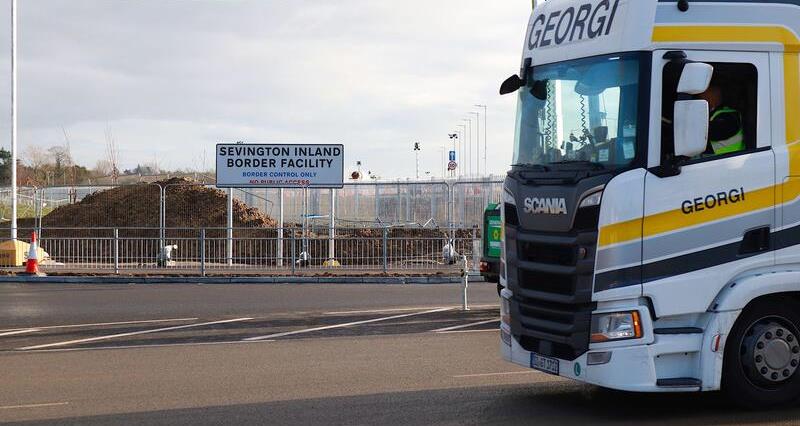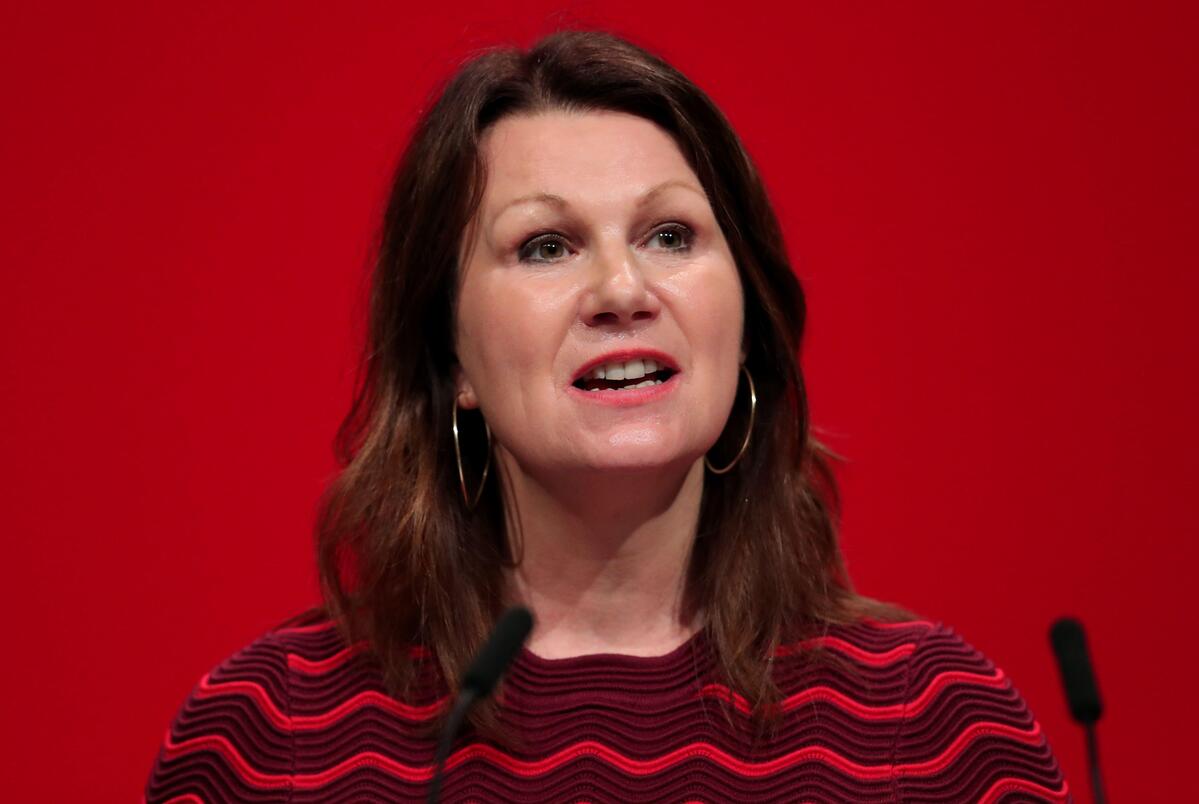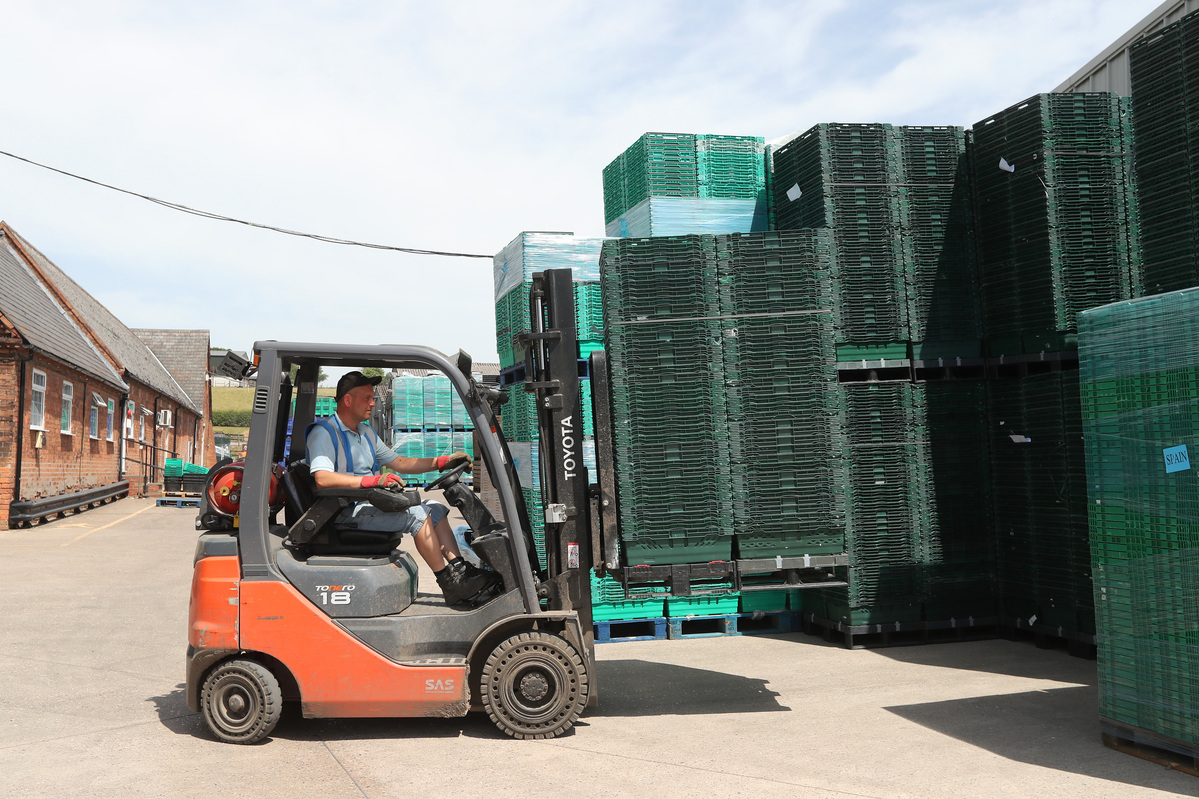Great Britain (England, Scotland and Wales) has suspended the import of the following commodities to Great Britain from Germany, following an outbreak of FMD (foot and mouth disease) that was confirmed on 10 January 2025:
- live (including non-domestic) ungulates (ruminants and porcine animals, including wild game) and their germplasm
- fresh meat from ungulates
- meat products from ungulates that have not been subject to specific treatment D1 or higher (including wild game)
- milk, colostrum and their products, unless subjected to treatment as defined in Article 4 of Regulation 2010/605
- animal by-products, unless treated to effectively mitigate the risk of FMD.
Personal import restrictions
The government has introduced special safeguard measures that limit the amount of meat and dairy products that individuals can bring into GB for personal consumption, to GB from the EU, EFTA states, the Faroe Islands and Greenland:
- All unpackaged ruminant and porcine commodities will be restricted from the entire territory of the EU.
- All commercially packaged ruminant and porcine commodities from the EU are limited to 2kg per traveller, and must bear an identification or health mark (or commercial labelling if it is an animal by-product) to evidence it is commercially produced.
- No ruminant or porcine commodities will be permitted from the entire territory of Germany, including commercially packaged commodities.
- Susceptible animal commodities include bovine, caprine, ovine, cervid, porcine and camelid products.
- There are certain exemptions apply for infant milk, medical foods and certain composite products (e.g. chocolate and biscuits).
- Live animals, germplasm and untreated wool, hair, skins and hides are not permitted for personal import under separate rules.
These special measures apply from 15 January 2025 until they are revoked or amended.
The NFU is calling for those on the front line of our border, including our Port Health Authorities and Border Force, to have sufficient resource to stamp out illegal activity.
Importing products in breach of a safeguard declaration is an offence under the TARP (Trade in Animals and Related Products Regulations) 2011.
A person guilty of an offence under TARP is liable to an (unlimited) fine on summary conviction.
The law also provides scope for penalty notices in lieu of prosecution for TARP offences. These are capped at £5000 and payable within 28 days.
To keep up to date with the latest situation, visit our FMD essential information page.


